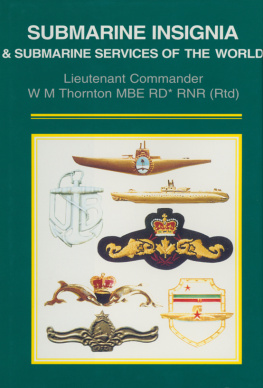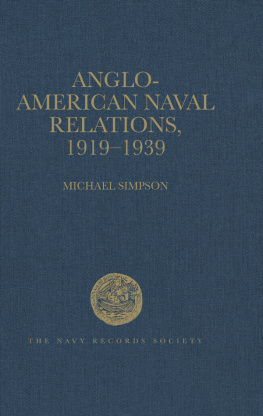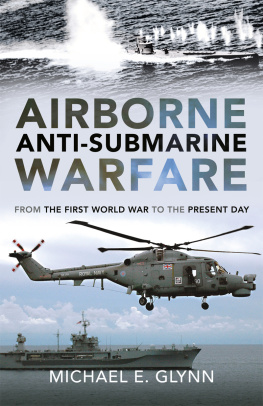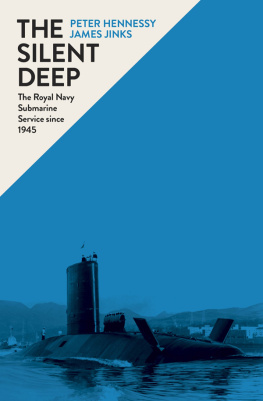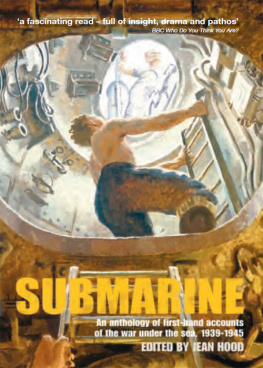George Franklin - Britains Anti-submarine Capability 1919-1939
Here you can read online George Franklin - Britains Anti-submarine Capability 1919-1939 full text of the book (entire story) in english for free. Download pdf and epub, get meaning, cover and reviews about this ebook. year: 2004, publisher: Routledge, genre: History. Description of the work, (preface) as well as reviews are available. Best literature library LitArk.com created for fans of good reading and offers a wide selection of genres:
Romance novel
Science fiction
Adventure
Detective
Science
History
Home and family
Prose
Art
Politics
Computer
Non-fiction
Religion
Business
Children
Humor
Choose a favorite category and find really read worthwhile books. Enjoy immersion in the world of imagination, feel the emotions of the characters or learn something new for yourself, make an fascinating discovery.

- Book:Britains Anti-submarine Capability 1919-1939
- Author:
- Publisher:Routledge
- Genre:
- Year:2004
- Rating:4 / 5
- Favourites:Add to favourites
- Your mark:
- 80
- 1
- 2
- 3
- 4
- 5
Britains Anti-submarine Capability 1919-1939: summary, description and annotation
We offer to read an annotation, description, summary or preface (depends on what the author of the book "Britains Anti-submarine Capability 1919-1939" wrote himself). If you haven't found the necessary information about the book — write in the comments, we will try to find it.
Britains Anti-submarine Capability 1919-1939 — read online for free the complete book (whole text) full work
Below is the text of the book, divided by pages. System saving the place of the last page read, allows you to conveniently read the book "Britains Anti-submarine Capability 1919-1939" online for free, without having to search again every time where you left off. Put a bookmark, and you can go to the page where you finished reading at any time.
Font size:
Interval:
Bookmark:

Series Editor: Geoffrey Till
ISSN 1366-9478
2 Park Square, Milton Park, Abingdon, Oxon OX14 4RN
711 Third Avenue, New York, NY, 10017, USA
To the men who went to sea and faced the U-boats.
But, first among them, to my father.
As he asked us to write on his gravestone
CAPTAIN RICHARD FRANKLIN CBE RN MARINER
Font size:
Interval:
Bookmark:
Similar books «Britains Anti-submarine Capability 1919-1939»
Look at similar books to Britains Anti-submarine Capability 1919-1939. We have selected literature similar in name and meaning in the hope of providing readers with more options to find new, interesting, not yet read works.
Discussion, reviews of the book Britains Anti-submarine Capability 1919-1939 and just readers' own opinions. Leave your comments, write what you think about the work, its meaning or the main characters. Specify what exactly you liked and what you didn't like, and why you think so.


